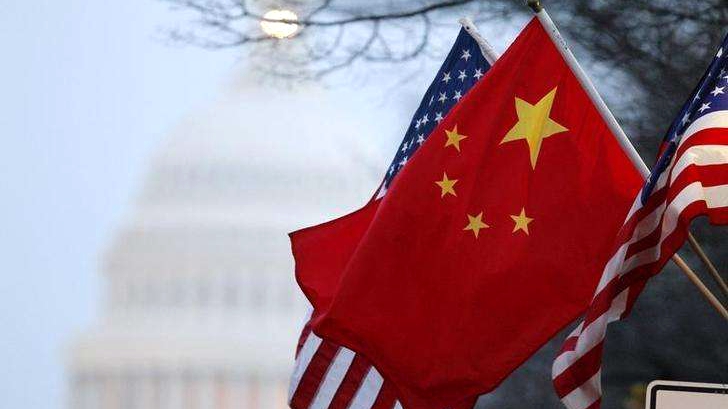
By Guo Ke | South China Morning Post
US Secretary of State Mike Pompeo recently delivered a blistering speech on the failure of the US policy on China in the past decades (“Pompeo urges China’s citizens to help change Beijing’s ‘behaviour’”, July 24. Pompeo is playing the China card again to counter the worsening re-election chances for the Trump administration.
The China card is always played in an US election year. But in a digitalised, pluralistic world, it may not be so easy to achieve the expected results, as the facts about China will inevitably reach people around the world, including the US public.
Pompeo’s confrontational strategy may work somewhat but, as history has shown and will prove, the United States will not override China and vice versa, simply because the two nations are too important to be ignored, though they have different social systems.
To some degree, Pompeo’s confrontational rhetoric can further unite China and help it to grow and develop more independently. This trend has continued since the US-China trade war first broke out in March 2018 and is likely to continue in this century.
In his speech, Pompeo also targeted the role of China’s Communist Party, identifying it as the major threat to the US-China relationship, in an effort to isolate the party from the Chinese people. However, according to a recent Edelman survey, 95 per cent of the Chinese public say they trust the Chinese government, a much higher rate than that approval rating of the US public towards the government of President Donald Trump.
As Richard Haass, president of the Council on Foreign Relations, put it, “all this … will be for the Chinese people and their leaders to determine” and Pompeo has sought to commit the US to a confrontational path that is doomed to lead to failure. Increasing tensions in the US-China relationship and recent tit-for-tat moves make it even more important for the US and China to have more dialogue, rather than confrontations. Pompeo may despise dialogue but he should realise that China is not the Soviet Union during the Cold War.
Therefore, it is imperative that the US and China initiate more channels for dialogue at all levels, whether governmental, organisational or individual. With dialogue, both sides can start to know what the other side is thinking, and enhance mutual understanding to a degree that starts to dissolve distrust, if not to build trust.
Guo Ke, professor and dean, School of Journalism and Communication, Shanghai International Studies University.


 |Hongkou Campus|550 Dalian Road (W), Shanghai 200083, China |Songjiang Campus|1550 Wenxiang Road, Shanghai 201620, China
|Hongkou Campus|550 Dalian Road (W), Shanghai 200083, China |Songjiang Campus|1550 Wenxiang Road, Shanghai 201620, China